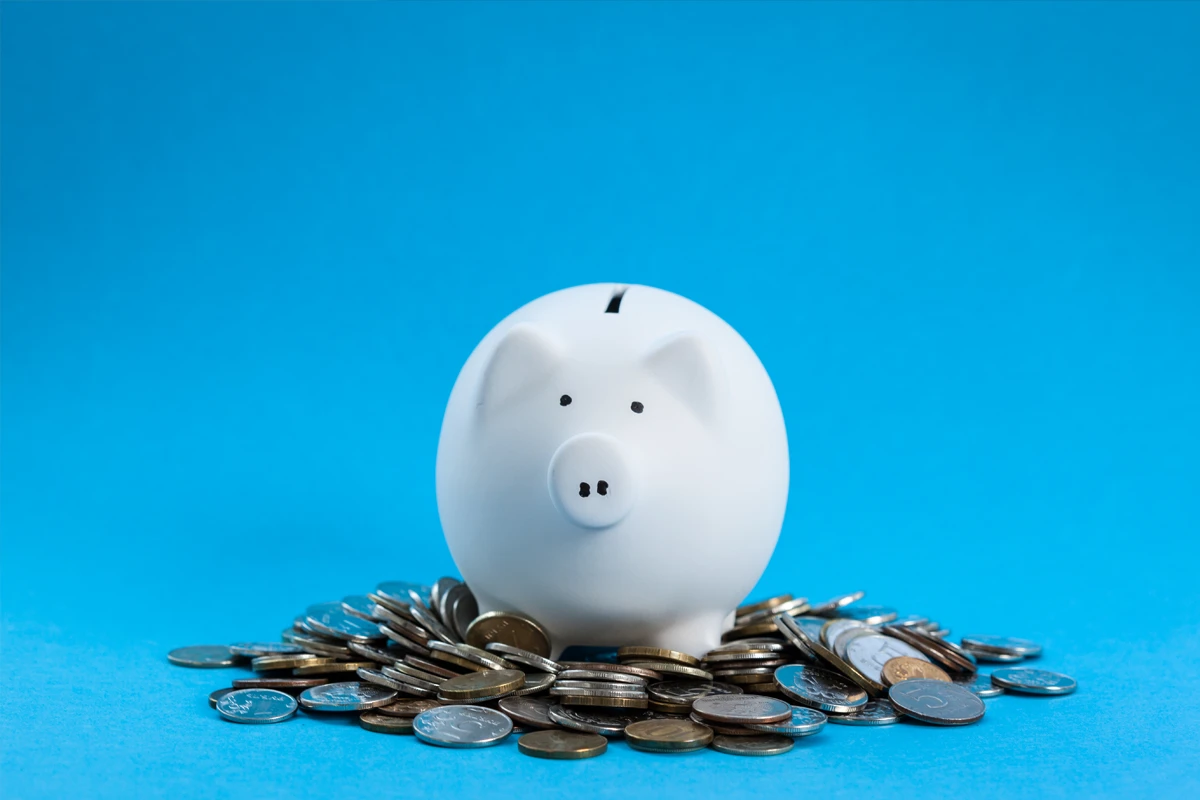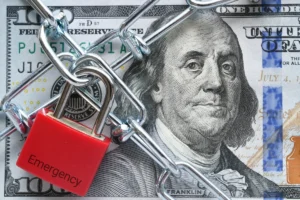If you’ve ever wondered why some people with average salaries end up wealthier than those with six-figure incomes, the answer might surprise you. In financial terms, it’s not always about what you make—it’s about what you keep. Inspired by insights from Morgan Housel’s The Psychology of Money, this blog post will dive into why wealth is largely invisible and how focusing on keeping more of your resources can transform your life.
Embrace the Unseen Wealth
Morgan Housel emphasizes that true wealth is often invisible. It’s not about the flashy car or the designer clothes—it’s about the freedom and peace of mind that come with having financial security. Sure, it can feel great to have nice things, but remember: wealth is what remains after the spending is done.
Key Takeaway: Material possessions might provide short-term gratification, but real wealth provides lasting security and autonomy.
The Power of Keeping More
At its core, wealth is the sum total of the resources you have left, not just the ones you show off. Being able to keep more of what you earn—not just in material assets, but in time and flexibility—matters far more than the momentary thrill of displaying status. When you prioritize saving and investing, you transform your money into a lasting asset that grows. As the saying goes, Money that’s left alone tends to multiply.
Key Takeaway: Every dollar you don’t spend impulsively becomes an asset that can grow exponentially over time.
Align Spending with Values
One of Housel’s key ideas is the importance of mindful spending. Spending money should align with your true goals and values. If a purchase doesn’t elevate your quality of life in the long run, reconsider it. Every dollar saved is a little more freedom earned. Each step toward financial freedom brings a sense of autonomy that many big spenders never achieve.
Key Takeaway: Spend money with intention. Align your purchases with your deeper values rather than short-lived desires.
Why Focus on Keeping Wealth?
Financial Resilience: Life is unpredictable—emergencies happen. Having a stockpile of wealth you’ve intentionally kept provides a safety net.
Long-Term Freedom: The more you keep, the more you can reinvest or save, ultimately buying time. Time is a non-renewable resource, and wealth is the tool that gives you the freedom to spend it on your terms.
Stress Reduction: Living paycheck to paycheck or having to repay massive debts is exhausting. Keeping more of your money relieves financial pressure and reduces anxiety.
Key Takeaway: Building up a reserve of wealth grants you security, freedom, and mental clarity.

Practical Tips
Automate Your Savings: Arrange automatic transfers to your investment or savings accounts. Make wealth-building second nature.
Live Below Your Means: Ask yourself, “Do I really need this?” Far too often, we spend out of habit or peer pressure.
Invest in Growth Assets: Every dollar you invest in appreciating assets (like index funds or real estate) is a dollar that not only stays with you but also multiplies.
Key Takeaway: Simple, consistent habits lead to significant financial gains over time.
The Ultimate Takeaway
Wealth isn’t about flashy displays—it’s about the freedom, security, and flexibility you gain from keeping and growing what you earn. It’s the cushion that lets you take risks, take time off, or pivot your career. It’s the real measure of financial success.
Play the long game—and keep building the kind of wealth that allows you to sleep soundly at night, knowing you’re living on your own terms.
Conclusion
Call to Action:
Take a moment to review your monthly expenses. Identify at least one area where you can reduce spending and redirect those funds to savings or an investment account.
Share this post with someone who might need a friendly reminder that it’s not just about making more—it’s about keeping more.
Thank you for reading, and here’s to building a robust financial life one saved dollar at a time!



